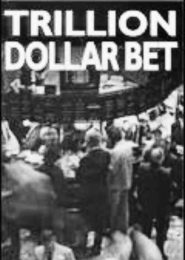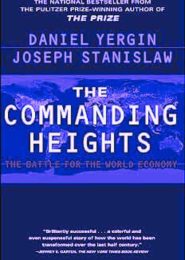All Wars are Bankers’ Wars (2013)
The documentary All Wars Are Bankers’ Wars, released in 2013, delves into the intricate web of financial interests and power dynamics that have shaped global conflicts throughout history.
The film begins by tracing the origins of modern finance and banking back to the Medici family in Florence, Italy. These early bankers wielded immense influence by lending money to governments and monarchs, accumulating vast wealth and power. The documentary then shifts its focus to the United States, exploring a common thread that connects America’s wars: the central banking system.
Direct quotes from the founders, presidents, and other world leaders are cited, providing insight into each major war America has been involved in. The journey starts with the American Revolution, where tensions with King George III and the struggle for independence set the stage. Benjamin Franklin, a key figure during this period, also features prominently.
As the film progresses, it highlights pivotal moments in American history, including the Civil War, World War I, and World War II. The central theme remains consistent: bankers’ interests influencing geopolitical decisions. The documentary underscores how financial institutions profit from war, often at the expense of ordinary citizens.
The Federal Reserve, established in 1913, plays a crucial role in this narrative. The film sheds light on its creation and the subsequent impact on American foreign policy. It argues that wars are orchestrated to generate debt, which benefits the banking elite. The military-industrial complex emerges as a powerful force, perpetuating conflict for financial gain.
The documentary doesn’t merely dwell on historical events; it also offers a warning. It cautions against the path toward World War III, urging viewers to recognize the patterns and question the motives behind global conflicts. Solutions are proposed, emphasizing the need to break free from the cycle of war and debt.
In summary, All Wars Are Bankers’ Wars unveils the hidden connections between finance, power, and war. It challenges viewers to consider the broader implications of these intertwined forces and advocates for a more informed and conscientious approach to global affairs.




